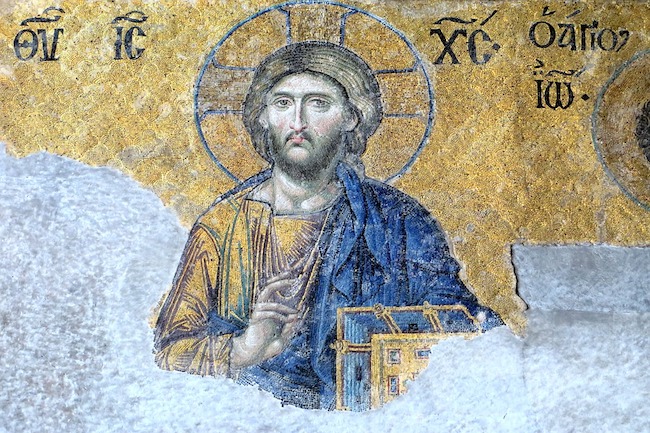What can Christianity and Judaism teach us about good leadership? by Rowan Williams, Irene Lancaster for Christianity Today
In this latest installment of their Jewish-Christian dialogue, the former Archbishop of Canterbury, Dr Rowan Williams, and Hebrew scholar Dr Irene Lancaster explore what the two faiths have to say about good leadership.
Rowan: We read a lot at the moment about the crisis of leadership that afflicts our society, not only in the UK but worldwide. Locally we have national leaders who seem to set little store by consistency and truthfulness, and a style of government that looks careless, reactive and short-term, courting easy popularity and ignoring the need for long-term strategic wisdom.
Internationally, we see many populist demagogues whose style is close to fascism – authoritarian nationalists, who have few scruples about violence and intimidation (whether in Eastern Europe, Syria, Iran, Pakistan, India or Brazil).
At the same time, we have had a lot of discussion about the example set by Queen Elizabeth II as offering, during her 70-year reign, a very different sort of leadership – selfless, prayerful and consistent. It’s surely a time for rediscovering what public leadership might mean in the light of faith – what public leadership looks like when it is accountable to God.
I don’t know how this is for Jews, but for many Christians, the descriptions in Hebrew Scripture of the monarchy of David and Solomon are where many would start in thinking about this. Two things come to mind here. David is no saint, but he is willing to be challenged by the prophet Nathan when he has performed an act of gross injustice and deception (the seduction of Bathsheba and the murder of Uriah).
Also, when he has organised the census of Israel and Judah in a way that offends God and is punished by a pestilence (II Samuel 24), he says to God that he alone is responsible and the people as a whole should not suffer because of his sins ( II Samuel 24.17).




